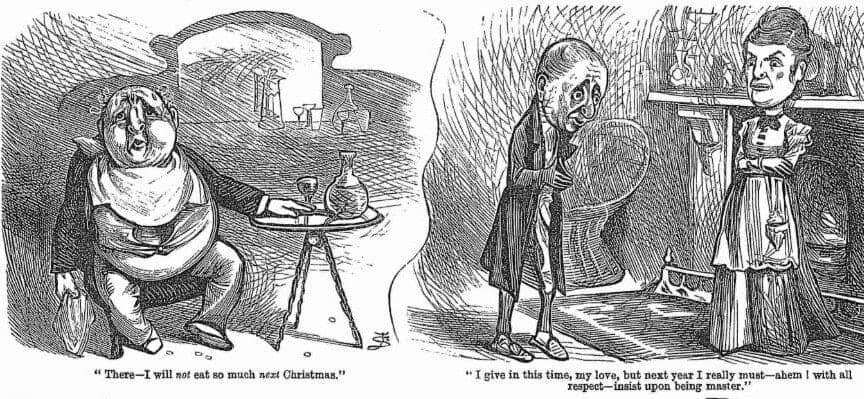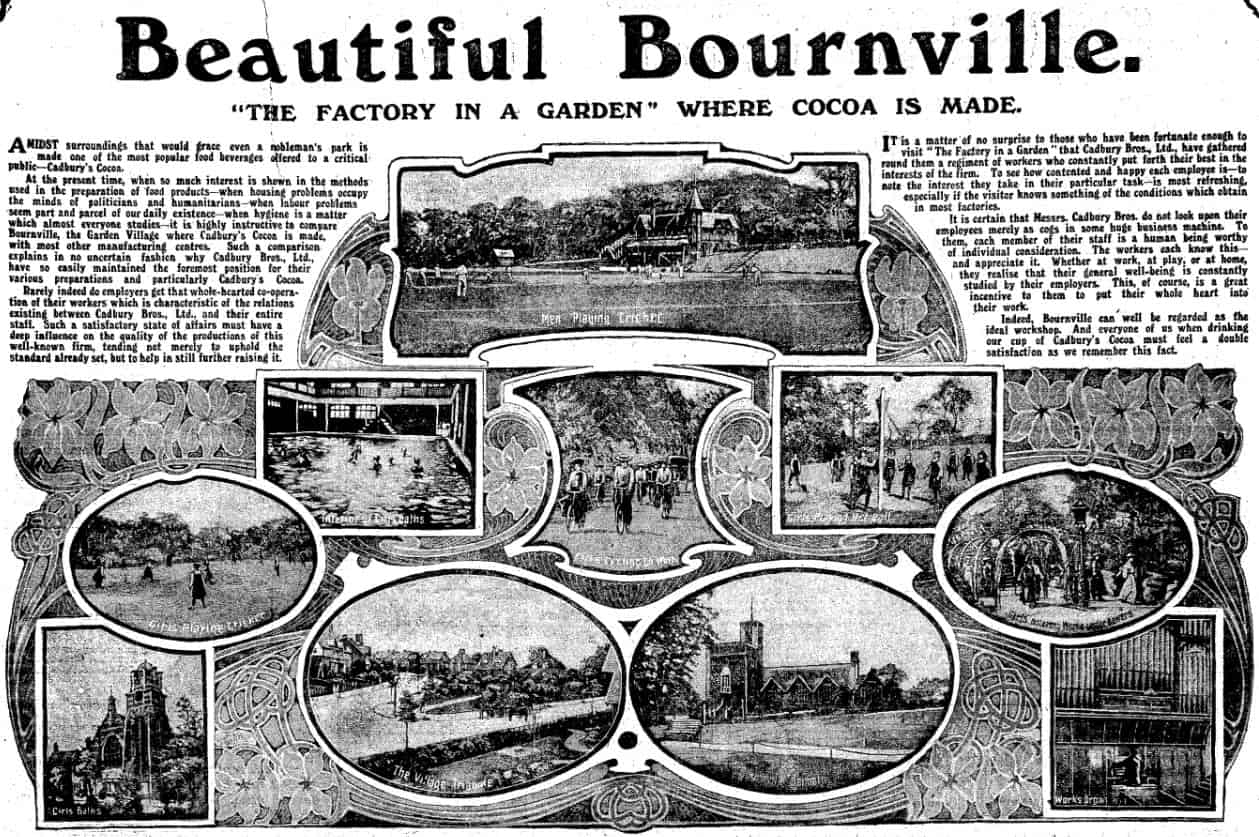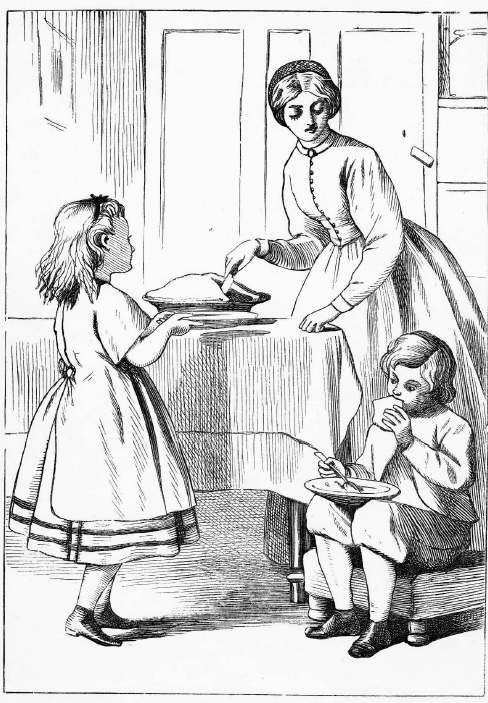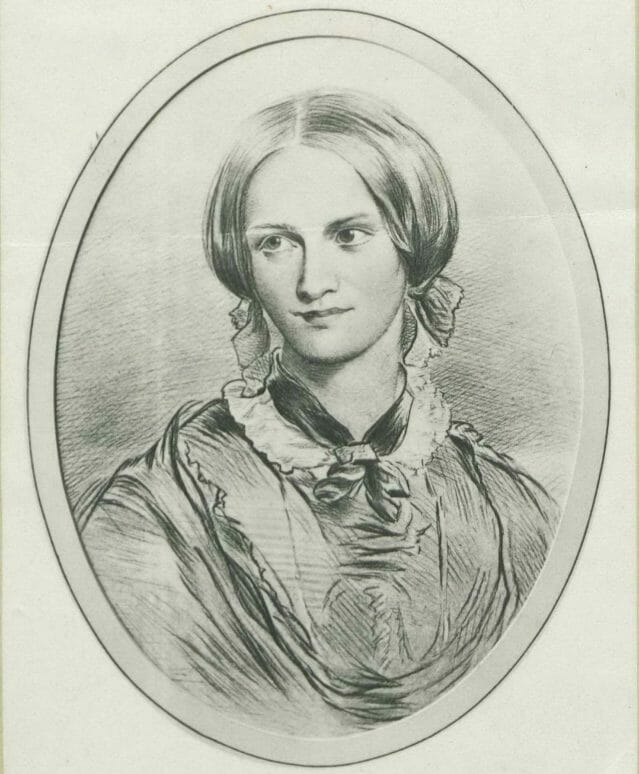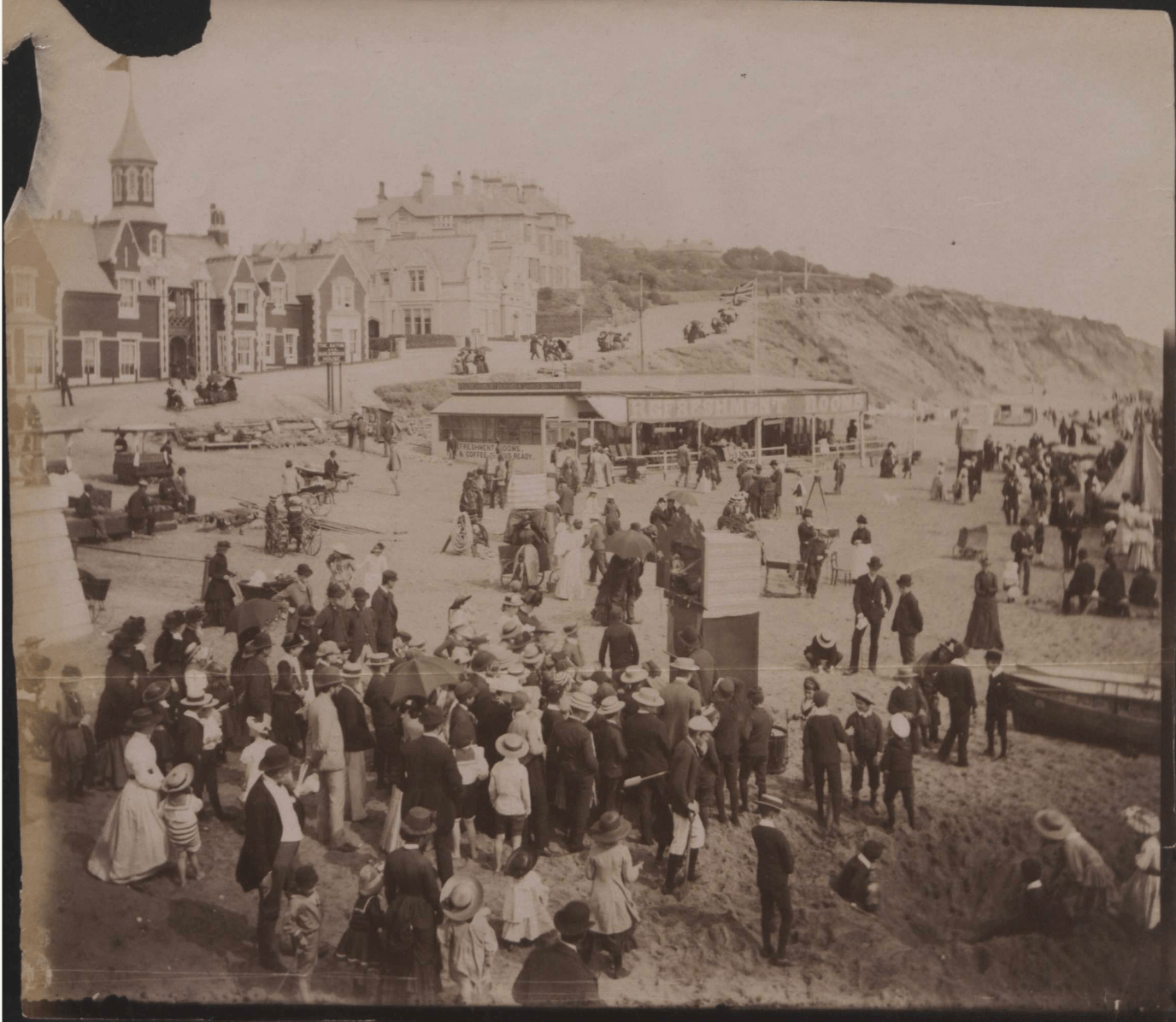Written by Jess Edwards and Daniel Pullin
In case you missed it, last week we posted the first instalment of our extended exploration of the development of the modern British palate. Inspired by the events taking place around the UK for British Food Fortnight, we considered what actually constitutes ‘British Food’. The phrase can, of course, describe food produced in Britain, but it could also mean the food eaten most regularly in the UK, and entrenched in British culture – and many of the meals commonly eaten in Britain today have been introduced from foreign shores. Last week we unearthed historical copies of recipes for, and discussion about, two meals which have become staples in the British diet; curry and pasta. We also rustled up our own versions using the following historical instructions! (Follow this link to see the results of our culinary experiments!)
This week we’re continuing our investigation into the historical background of foods commonly consumed in modern Britain, and this time we’ve chosen to focus on a couple of recipes with clearer British origins. Both have still, however, undoubtedly undergone their own evolution and adaption – even if largely due to the impact of mass production!
Read more

